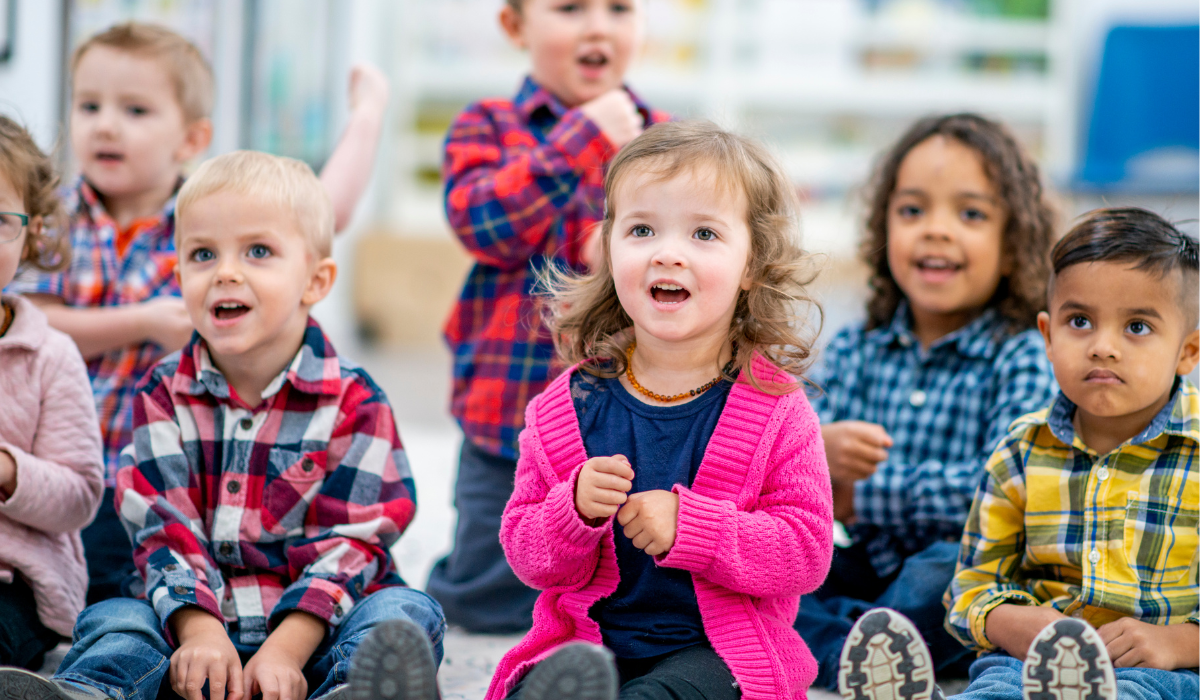-
Transition planning can start as early as 2 years, 3 months of age
-
Transition planning must start by 2 years, 9 months of age
- As families plan for what happens after Early On, this fill-able worksheet can help keep things on track.
What about eligibility for special education services?
If you have concerns about your preschooler’s development, the first step towards receiving special education services is asking your school district to complete a comprehensive evaluation to determine eligibility.
- Eligibility Resources including sample letters, timelines, eligibility criteria, and answers to common questions.
Where will my child go to preschool?
Students with disabilities should attend preschool with non-disabled peers. Where a student with a disability receives special education and related services is an IEP team decision. IDEA requires placement in the least restrictive environment (LRE) for each child, a setting that is based on the child’s IEP.
If your child has caught up to other children their age and services are no longer needed, or your child is not eligible for special education, you should connect with local resources within your community.
If your child needs continued supports and is eligible for Part C services, you can access the same community resources available to all families, along with your child’s transition to receiving special education services.
If your child needs to be evaluated for special education services, the first step is to make a request for a comprehensive evaluation for special education services.
- A high-quality early childhood program is one that involves children with disabilities. Federal Policy Statement on Children with Disabilities in Early Childhood Programs OSEP
- Great Start Readiness Program is a state-funded preschool program. Development Delay is considered when figuring eligibility for GSRP. MiPreKforAll.org
- Head Start is a federally funded kindergarten readiness program for children under age 5. This includes Early Head Start for children under 3. Head Start regulations require at least 10 percent of enrollees are children with disabilities, and income requirements may be waived.
- Find a Head Start program near you.
- Head Start Center
- Great Start Connect program has a list of licensed preschools
- MI Kids Matter Preschool Programs for Ages 3-5 Years
- Early Childhood Special Education webpage
Preschool and LRE
We know that where a child attends preschool can set the trajectory for the rest of their educational career. In Michigan, the majority of young students with disabilities are not being educated with their typical peers. A statewide workgroup has identified specific actions that would result in preschools having a better experience.
Michigan is expanding preschool options so every 4-year-old can access a free preschool education by 2027.
What other changes are there between Early On and preschool regarding special education?
There are many differences between Early On (Part C) and Special Education (Part B) including:
- Instead of an Individualized Family Service Plan (IFSP), you and your child’s team will develop an Individualized Education Program (IEP).
- The term natural environments used in the Early On system. School age students should be educated in the Least Restrictive Environment (LRE). LRE means that children with disabilities should receive services in typical community-based early childhood settings and programs whenever possible, and only go to more restrictive/specialized settings if a child’s individual needs require it.
Developing a vision…
This is a time when many parents start thinking, even worrying about school. Now is the time to start developing a vision for your child’s future. It is hard to think of your 3 year old as a 4th grader or their first year in high school. For children with developmental delays are more like their non-disabled peers than they are different.
Think positive! Think possible! Research shows that when children with disabilities who are educated alongside their non-disabled friends there are better outcomes for both!
- To learn more or to ask for help, contact Michigan Alliance for Families at 1-800-552-4821 or info@michiganallianceforfamilies.org
- Considering LRE in Placement Decisions
- Placement Short and Sweet
Being prepared and planning to make your child’s transition smooth is another way that you help your child develop and learn.
More topics for parents of infants and toddlers can be found on our webpage dedicated to resources for Babies and Toddlers, or search the bigger A-Z list or contact us.
Planning for What Happens After Early On



